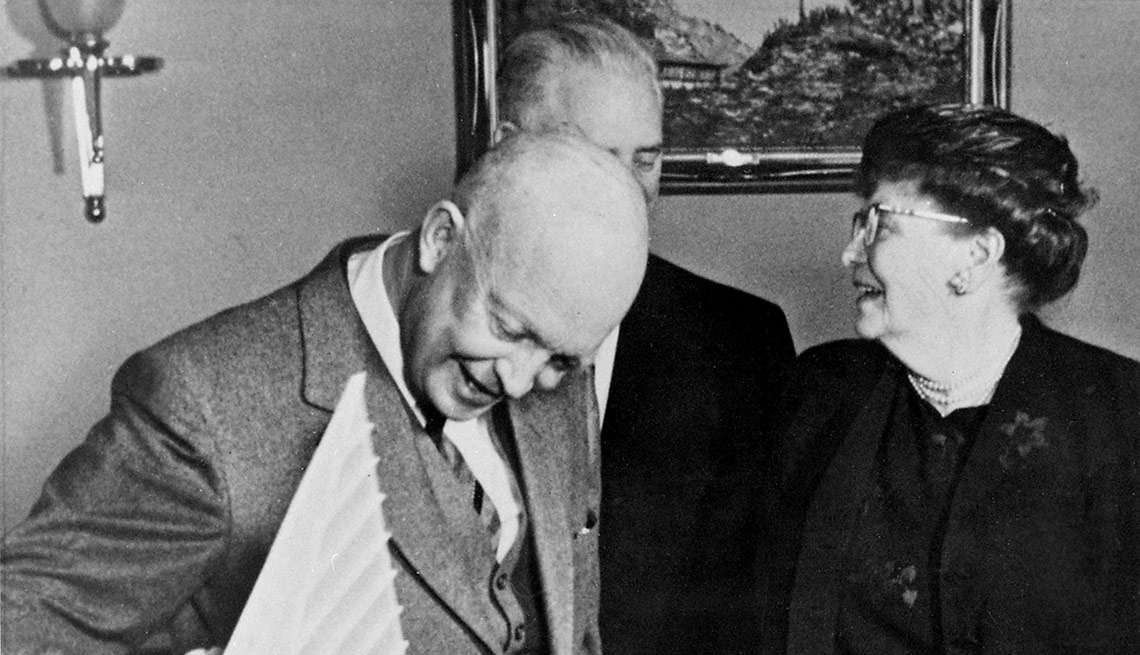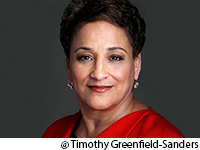Get Into the Act
Share your ideas for the White House Conference on Aging
En español | As we celebrate Older Americans Month with the theme "Get Into the Act," I'm reminded that:
- More than 37 million Americans get life-saving and life-improving medications through Medicare's prescription drug program and save billions of dollars in out-of-pocket costs.
- The nation's 59 million Social Security beneficiaries will receive a cost-of-living increase.
- Millions of older adults have incorporated universal design features into their homes, allowing them to live there safely and independently.
All three examples were introduced at a White House Conference on Aging (WHCoA), and all came about because people 50-plus got into the act.
Since the first WHCoA in 1961, AARP has urged older Americans to speak out on issues that affect their lives. With their collective voice united behind a collective purpose, older Americans have used the WHCoA to influence public policies that make life better for people as they age.
As we prepare for the 2015 WHCoA later this year, we can say with pride that the landscape has changed for older Americans since that first conference. Thanks to improvements in Medicare, Social Security and other policies that have enhanced the lives of older Americans, people today live an average of nearly nine years longer than in 1961.
Innovations in technology, health care and retirement security have transformed getting older. Because of increased longevity and generally better health, we have opportunities for continued productivity and growth that our parents and generations before us never had.
In 2015, older Americans are disrupting stereotypes of aging. They reject the idea that their possibilities are limited by their age. They're doing triathlons or reaching career peaks or learning new software or fulfilling a lifelong desire to create a business. They — we — embrace aging as something to look forward to, not something to fear. We recognize that even though growing older has its challenges, it also offers opportunities.
Yet with longer lives, older Americans still face important issues. That's what the WHCoA is all about. This year's focus is on:
- Retirement security: Financial security is essential to peace of mind, but it requires attention during our working lives to ensure that we are well prepared.
- Healthy aging: As medicine advances, the opportunities for older Americans to maintain their health and vitality also should progress. Communities can promote this vitality. For instance, many communities are reshaping their streets and sidewalks to accommodate drivers, pedestrians, transit users and cyclists of all ages. But more cities and towns need a nudge to start this important work.
- Programs for people who need help to continue living independently and for the family members who care for them. Older Americans prefer to remain independent in the community as they age. They need support to do so, including a caregiving network.
- Elder Justice: Older Americans can be vulnerable to financial exploitation, abuse and neglect. We need to protect seniors and other vulnerable groups from scam artists.
AARP is a major sponsor of the WHCoA. During this Older Americans Month, I urge you to Get Into the Act.
Jo Ann Jenkins is the chief executive officer of AARP.
Also of Interest
- 2015 WHCOA Regional Forums
- Which states tax Social Security benefits?
- Help bring relief to struggling seniors; find volunteer opportunities near you
Join AARP Now — Receive access to exclusive info, benefits and discounts


